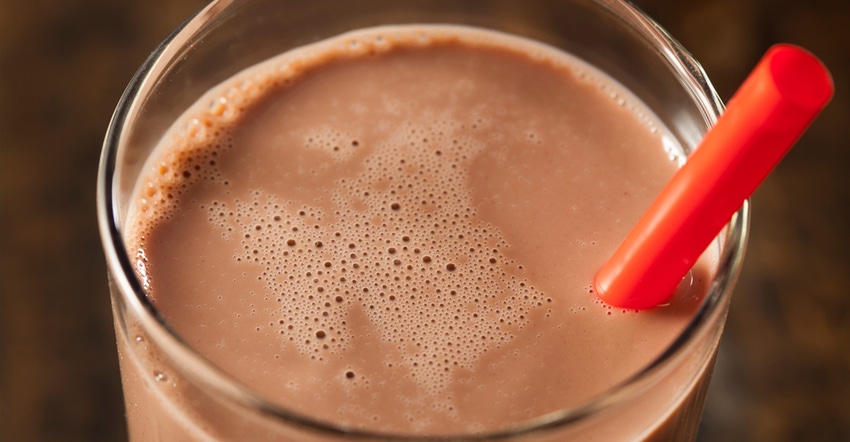
The number of Americans who are food insecure is escalating from 1 in 8 last year to 1 in 6 in 2020.
Food-insecure individuals numbered 37 million people in 2018, equaling 11.5% of the population in the U.S., according to Feeding America. The COVID-19 pandemic has added further complications to the issue.
Bigger Table, a nonprofit arm of Chicagoland Food & Beverage Network, is helping the food insecure by creating a high-protein, low-sugar chocolate meal replacement mix with 19,800 pounds of donated ingredients. The non-profit launched in March 2020.
“We bring together the food and beverage industry to collaborate and deliver on a series of charitable and economic growth initiatives,” says Alan Reed, executive director of Bigger Table. “By working together, we work more effectively, create bigger impact in our neighborhoods, and better engage employees and the communities we serve. Our first initiative has been creating and providing tasty, healthy food and beverage products designed specifically for food banks/pantries to combat rising food insecurity.”
This is a product that’s similar to instant breakfast mixes like Boost or Ensure, or even a sports nutrition product. It has 15 grams of protein, 5 grams of fiber, and 1 gram of added sugar.
“It’s made with real dairy protein, and plant-based protein, as well as high-quality cocoa and sweetened with stevia. It can be made by pouring the packet into a glass of water or milk, or even blended with a banana for a delicious smoothie,” says Reed. “It is shelf stable, easy to use, and provides the high-quality nutrition that we know is needed by those struggling with food insecurity.”
Bigger Table got input from the companies donating, in addition to the food banks and pantries, and developed a plan for the 250,000 servings of Chocolate Protein Beverage Mix. Then, Bigger Table worked with each of the companies to secure their donation and distribute the Chocolate Protein Beverage Mix through the Chicagoland-area food banks and food pantries.
There are eight companies that provided ingredients, flavors, and manufacturing to create the mix. Those are ADM, Dairy Farmers of America (DFA), Edlong, FONA International, Imbibe, Olam Cocoa, Proven Partners Group, and Sweetener Supply. Five other companies that also provided support include Bader-Rutter (branding and design), Blueshoon (web services), ConnectFood (food safety), Coyle Print Group (packaging), and Lithotype (printing for the packages).
“Bigger Table does the coordination and project management in addition to working closely with the food banks and pantries, as well as each of the companies,” says Reed. “Once we determine what the companies have to donate, starting with what may become food waste, we can begin to brainstorm on potential products we can make. Then, working with the food banks and pantries, we get input into what they think will best serve their clients and neighbors.”
According to Feeding America, as closures and social distancing orders meant to limit spread of the COVID-19 sweep across the country, the impact is being felt in communities large and small.
“While changes taking place are disrupting the lives of nearly everyone in some way and the number of people who experience food insecurity is expected to grow significantly,” says Reed. “Food insecurity will continue to increase during the COVID-19 pandemic and in its aftermath. Efforts like this will be important in making sure that there is enough healthy food to meet the increased demands that will be placed on food banks and food pantries across the country.”
About the Author(s)
You May Also Like


